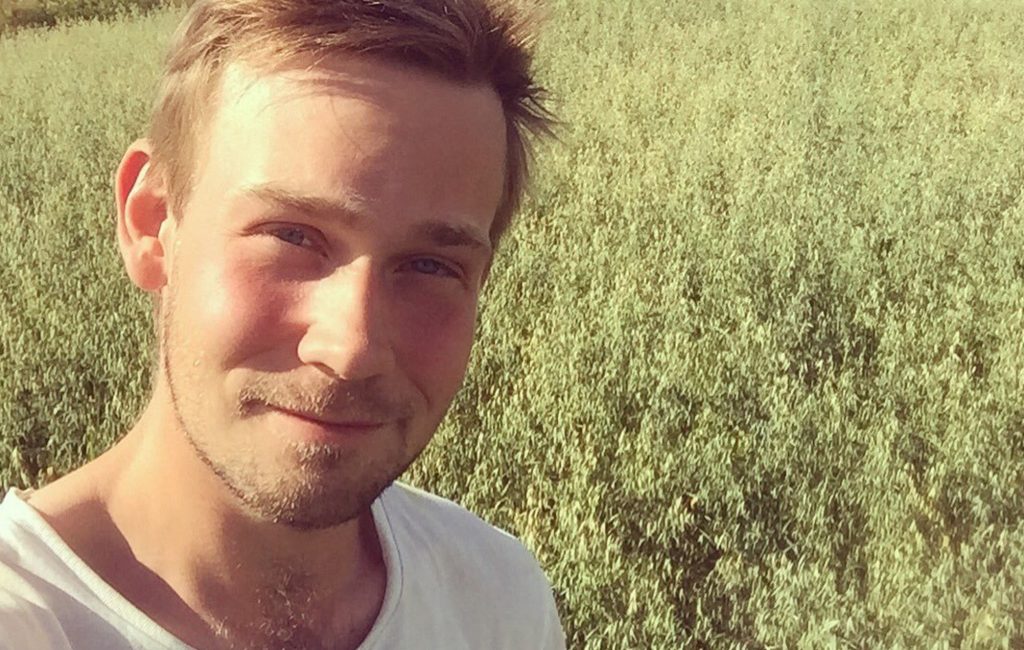Adam Arnesson is a farmer from Sweden who used to run his family farm in Orebro in which they raised livestock. However, now this farmer has steered away from dairy production and instead moved into “oat farming”. The oat crops that this farm used to feed their livestock with are now to be used to make oat milk, with the help of by popular Swedish plant-milk producers Oatly.
As told to The Guardian, Arnesson intends to increase the farm’s production of oat crops, that are rich in protein – rather than increase the amount of livestock on the farm. Displaying kinder thinking tendencies, he said “The natural thing for us would be to increase our livestock numbers, but I don’t want a factory. The number of animals has to be emotionally right so I know each of them.”

Raising livestock and the consumption of meat raises Global Greenhouse Gas emissions (GHG) by 14.5%. The livestock sector is the largest human-related source of two destructive, potent greenhouse gases; methane emissions via cattle and nitrious oxide emissions via manure and fertiliser.
As stated in The Guardian’s article, “On current trends, by 2050 we will be growing more crops to feed directly to animals than ourselves. Even small shifts to feeding crops to humans instead of livestock would lead to significant increases in food availability.” If Arnesson’s change is anything to go by, agriculture’s future could well be heading in a more plant-based direction. He’s certainly not the first dairy farmer to have made the switch.

The CEO of Oatly, Toni Petersson said “We want to be a catalyst company. We can help farmers move away from animals to plant production.” While Arnesson said he got a bit of stick from other farmers who believe plant-based companies such as Oatly are taking away the heart of agriculture and morphing their farms into horticulture, he remains optimistic that this opportunity brings great things for his sector.
Following the first of year his oat-farming focus, a team from Swedish University of Agricultural Sciences looked at this farm’s production. “[They] found that Arnesson’s farm was producing double the amount of calories for human consumption per hectare and had halved the climate impact of each calorie produced.” A result which is exactly what Arnesson aims to do. He adds, “I don’t want to take pride from having a tractor, or producing 10 tonnes of wheat or a sow with 10 piglets, but in feeding and preserving the planet – that is one of the big things I want as a farmer to be involved in changing.”
Oatly plans to work with other farmers as the demand for plant-based alternatives to dairy continues to rise. Arnesson aptly puts, “we need to start talking about farming in a different way. About the opportunities, and not just the problems.”
Farming practice swaps like these could just well be a major factor in paving the way to a sustainable, cleaner Earth.


